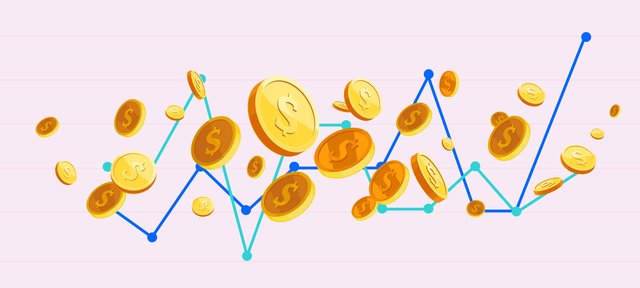An Introduction to Capex and Opex

At some point, most companies will come across Capex and Opex. While they are both tied to your business expenses, they can have a wildly different impact on your organisation. But how can you tell the two apart?
What is Capex?
Capex, which stands for capital expenditure, refers to the expenses a business incurs in order to create benefits in the future. This can be investing in a new building or purchasing a new type of machinery. These are expenses that are necessary now in order to generate profit later.
Capex can vary considerably from year to year, meaning that capital expenditures ought to be considered over a longer period of time. Naturally, the appropriate capex depends on the industry you are in. Some industries, such as oil and gas, require a lot of capital investment. Others, such as retail, do not need nearly as much. Bear in mind that Capex can be easier to understand when compared to the capex of rival organisations.
What is Opex?
Opex, short for operational expenditure, refers to the expenses a business incurs in its daily operations, such as for example wages, utilities and rent. General maintenance can also be considered, supposing the improvements aren’t being made to impact the longevity of the asset.
Since no future benefits are gained, Opex is considered to accurately reflect the costs of doing business. If the Opex is too high, your company will lose money. Unlike Capex, where the debt can be offset by future benefits, suffering debt to pay for Opex is an unfortunate problem these days.
Like Capex, the appropriate amount of Opex depends on the industry, and it can be more readily understood when looking at the spending of other companies.
Should you choose Capex or Opex?
Due to tax advantages, many organisations tend to prefer Opex to Capex.
Most companies will lease hardware from a vendor instead of buying it outright. Purchasing equipment is Capex, meaning that not all the money paid upfront can be deducted later. The amount paid for leasing is considered Opex, as its part of the daily business operations. Therefore, your organisation can later deduct the cash that you spent that year.
Deducting expenses reduces income tax, which is levied on net income. Opex can also be beneficial when considering your cashflow – money available at the present time is worth more than in the future due to its earning capacity.
However, if your company is looking to boost its earnings and book value, you can decide to make a capital expense and only deduct a small portion of it. This will lead to a higher value of assets on the balance sheet, as well as higher net income that you can report to investors.